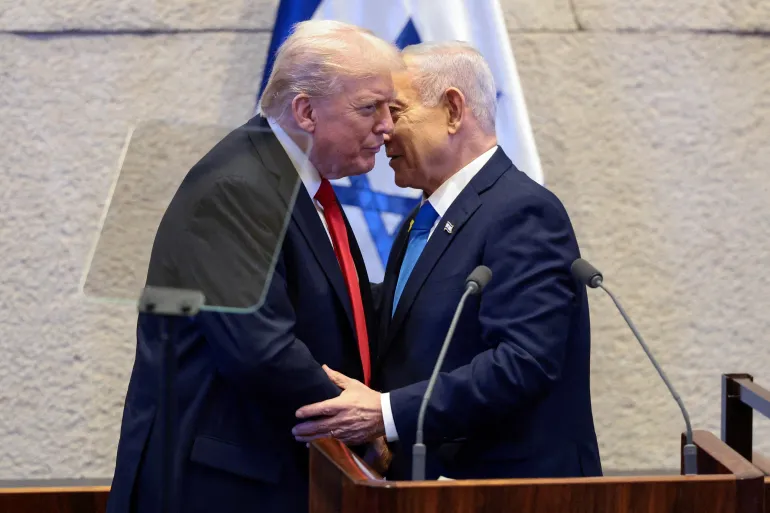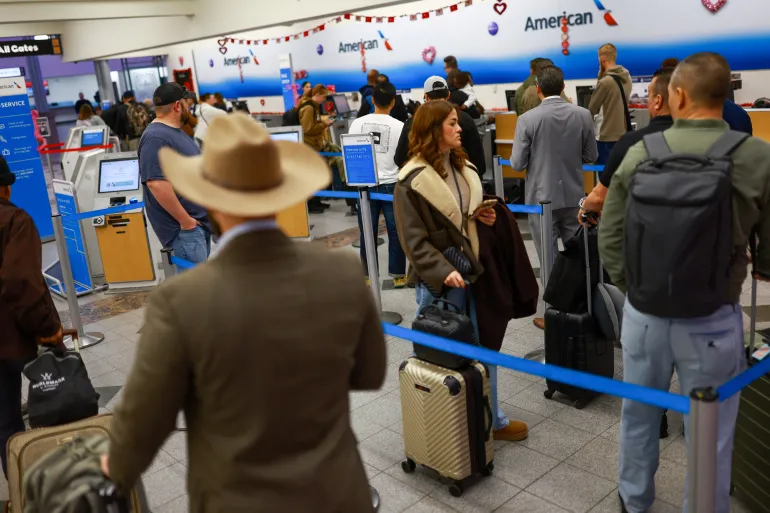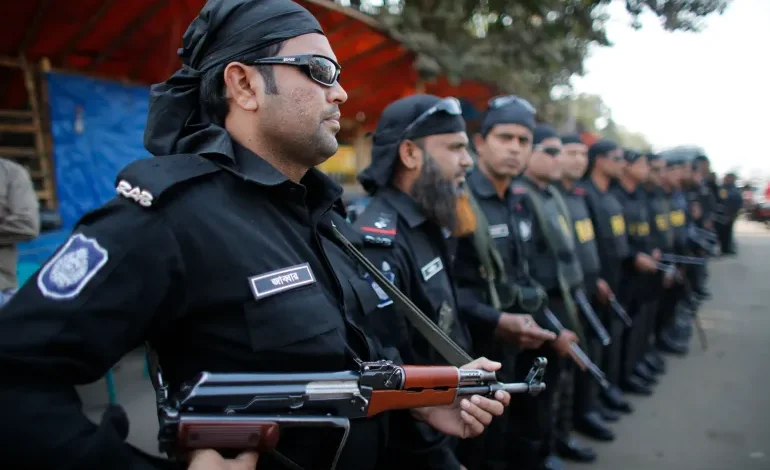When Sheikh Hasina was toppled in August 2024 after a student-led uprising, many Bangladeshis believed the era of enforced disappearances and extrajudicial killings had finally ended. The interim government, led by Nobel laureate Muhammad Yunus, took power on pledges of justice and reform, a break from the fear and impunity that marked Hasina’s rule.
But more than a year later, those promises are fraying. A new report by the rights group Odhikar says that while the scale of killings has dropped sharply, the system that allowed them persists.
Between 2009 and 2022, during Hasina’s tenure, security forces were accused of killing at least 2,597 people through “crossfire” incidents, custodial torture, and shootings at protests. Under Yunus’s transitional administration, at least 40 people have died in similar circumstances between August 2024 and September 2025, according to Odhikar.
The victims include opposition activists, detainees held without warrants, alleged criminals, and bystanders caught up in raids.
Yunus’s government, composed largely of academics and retired officials, has failed to rein in the same institutions long accused of brutality: the police, the Rapid Action Battalion (RAB), and intelligence services. Rights groups say these agencies continue to operate without genuine oversight or accountability.
Several recent deaths mirror the methods of the old regime. In July, Asif Shikdar, a youth leader from the opposition Bangladesh Nationalist Party (BNP), was detained in Dhaka by joint security forces. Hours later, he was declared dead at a hospital, the certificate citing only “unconscious on arrival.”
In January, Towhidul Islam, another BNP youth organiser, was seized in his village near Cumilla. Hours later, his body was found bearing marks of torture. After public outrage, the army withdrew a local commander and promised justice. Lieutenant Colonel Sami Ud Dowla Chowdhury, the military’s spokesperson, told Al Jazeera that seven individuals faced “disciplinary actions ranging from dismissal from service to other appropriate measures.”
Still, Odhikar’s data paints a bleak picture: an average of three extrajudicial killings per month, rising to 11 deaths in the latest quarter alone. Of the 40 victims recorded, 19 were shot in alleged “crossfire,” 14 died under torture, and seven were beaten to death in custody.
The persistence of such violence underscores how deeply entrenched impunity remains in Bangladesh’s security system. As the country heads toward parliamentary elections in February, the gap between Yunus’s rhetoric and reality is becoming harder to ignore.










The latest news in your social feeds
Subscribe to our social media platforms to stay tuned